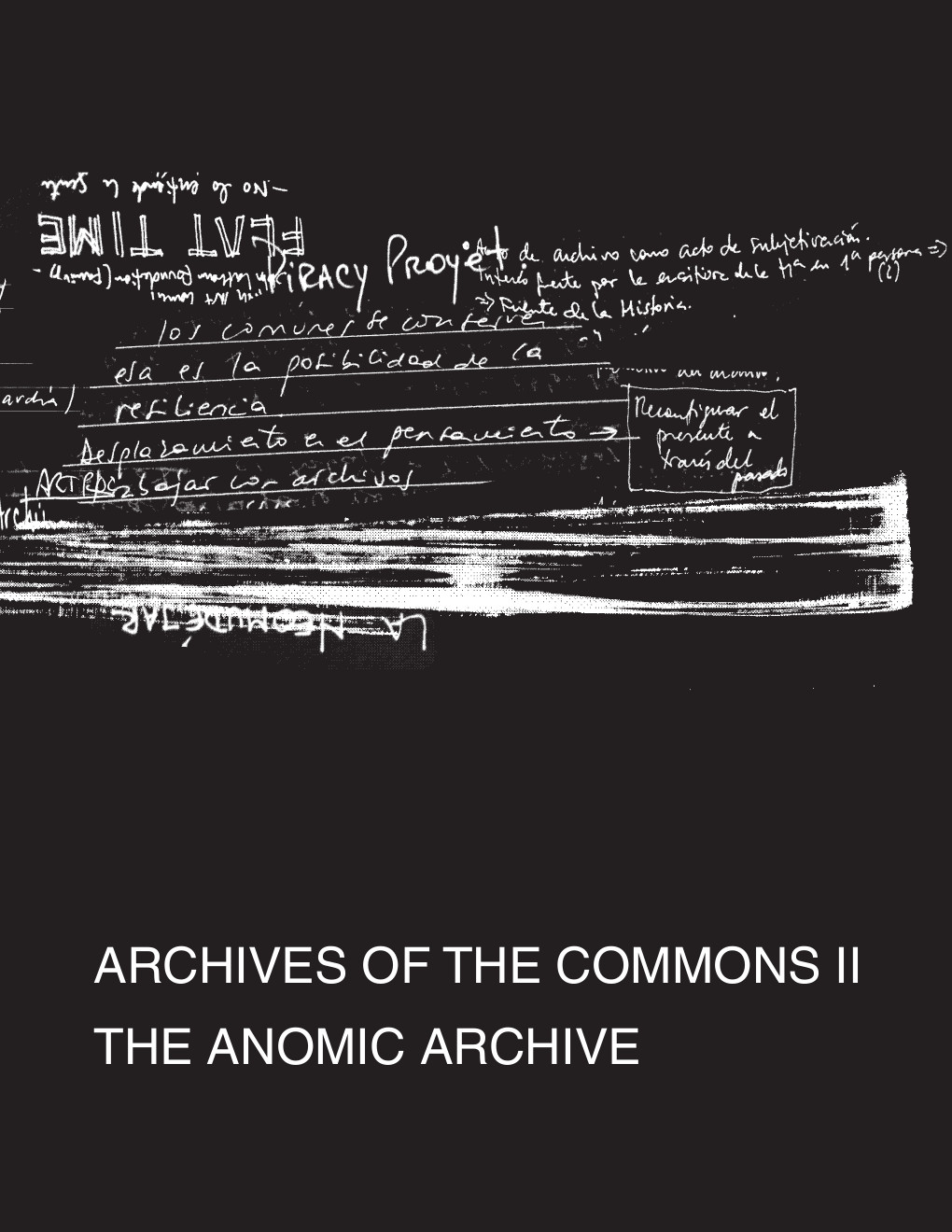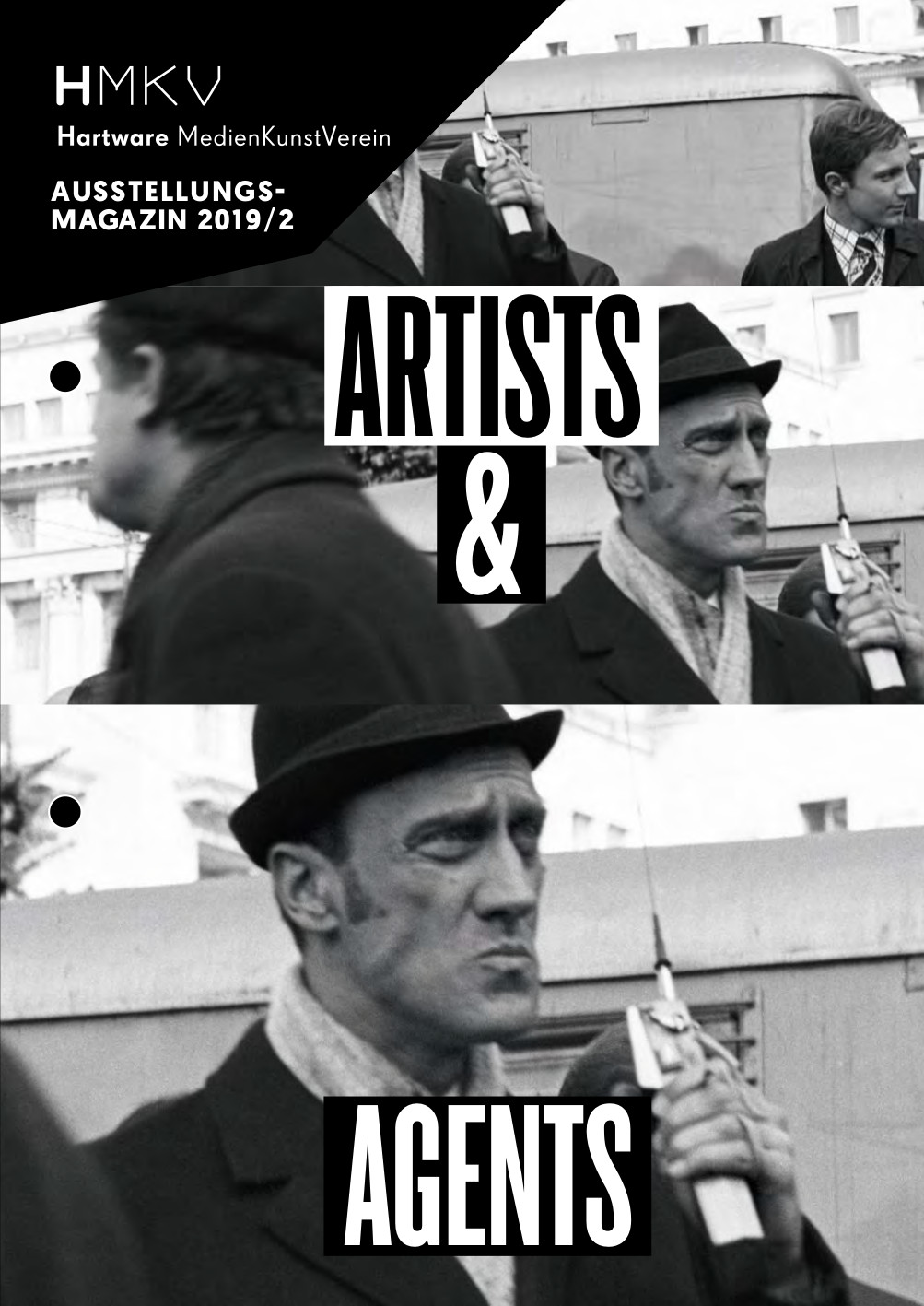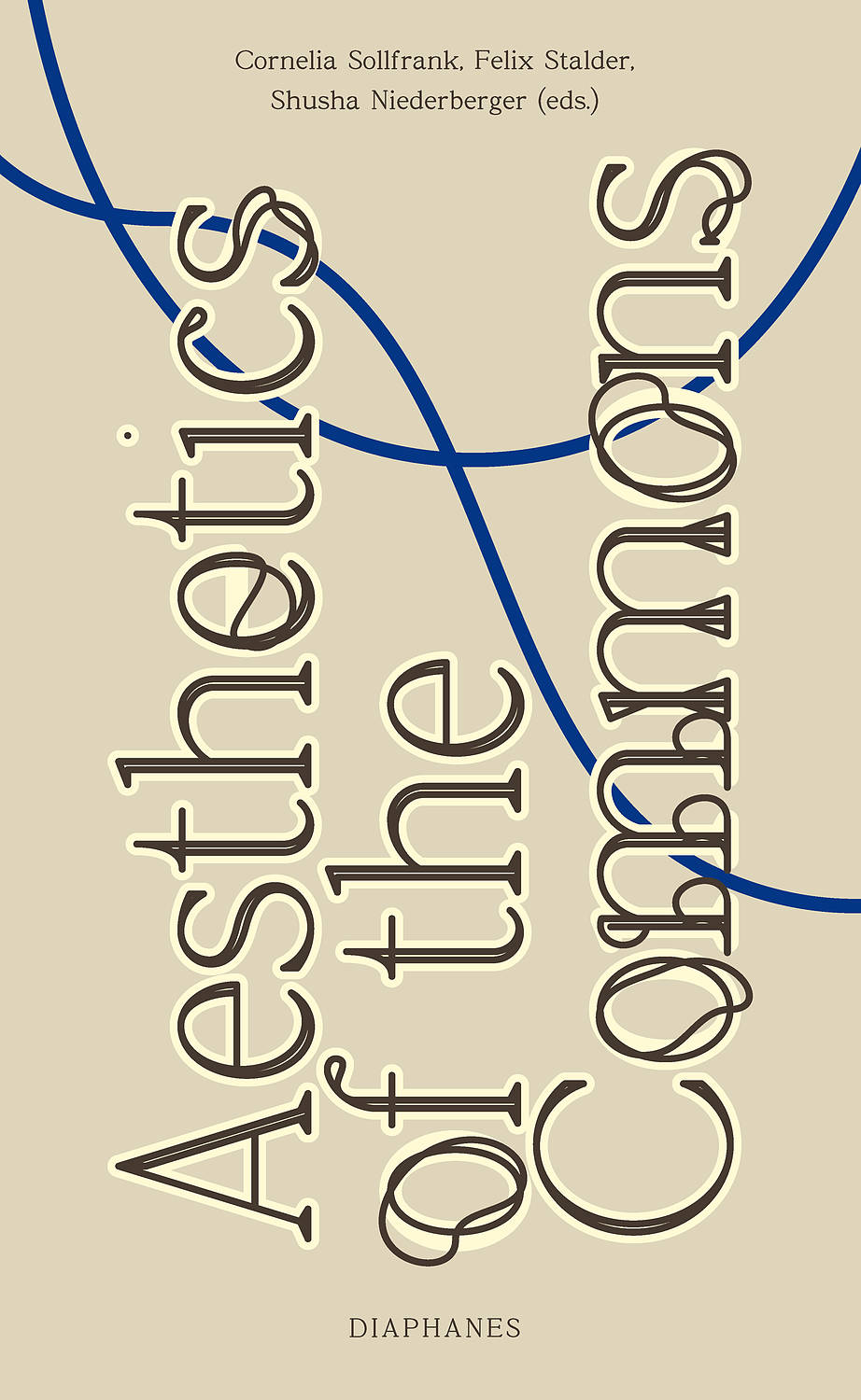Archives of the Commons II: The Anomic Archive (2021) [English, Spanish]
Filed under book | Tags: · archive, commons, knowledge

“In the past few years, we have seen emerging alternative and autonomous experiences of archive management and production that move away from the legitimized principles and regulations to explore the possibilities of the common. If what is common implies to leave the logic of property, if it implies to work against the privatization of knowledge and to abandon the consideration of what is public as exclusive patrimony of the State, the challenge is to find collaborative ways of production, distribution and circulation of knowledge. The experiences tackled in this book multiply the ways of conceiving and facilitating access to different types of documentary collections, so as to favor the plural becoming of history and its different writing and re-writing, elaborating and re-elaborating, in a continuous movement, that what we can call common.”
With contributions by Nancy Dantas (Center for Curating the Archive), Graciela Carnevale (Archivo Graciela Carnevale), Lani Hanna (Interference Archive(, May Puchet (RedCSur), Philippe Artières, Daniel G. Andújar, Alessandro Ludovico, Red Conceptualismos del Sur, Paulina Bravo (Archiveras sin fronteras), Kristóf Nagy (Artpool Research Center), Eva Weinmar (Piracy Proyect), Maite Muñoz Iglesias, LACA YAXS, Ernesto Oroza (Desobediencia tecnológica), Gareth Bell-Jones (The Flat Time House), Francisco Brives, Néstor Prieto, María Gil, Patricia Rodriguez, and Elsa Velasco (Museo La Neomudéjar).
Edited by Fernanda Carvajal, Mela Dávila Freire, Mabel Tapia
Publisher Red Conceptualismos del Sur (RedCSur)/Pasafronteras, Buenos Aires, 2021
Creative Commons BY-NC-SA International License 4.0
ISBN 9782956997115
145 pages
PDF, PDF (English, 34 MB)
PDF, PDF (Spanish, 34 MB)
Artists & Agents: Performance Art and Secret Services (2019)
Filed under catalogue | Tags: · archive, art history, central europe, dissent, eastern europe, intelligence agency, performance art

“Artists & Agents puts the spotlight on a neglected aspect of performance art from the 1960s to the 1990s: the interaction between secret services and performance art – an art form which the secret service agencies of communist Eastern European countries considered especially dangerous. Eastern Europe is one of the few places where archival records have been made public, and they reveal how these agencies acted to “undermine” and “eliminate” dissident artists. To achieve this objective, however, the agents themselves sometimes had to become “performance artists.”
Building on in-depth research into the archival records of secret services in Hungary, Poland, the Czech Republic, Romania, and Germany, this publication shines a light on the files which the secret services of these countries kept about such artists. It showcases instances of artistic subversion and agent infiltration, some of which have not been disclosed before, while more recent works demonstrate that the issue of ramping up intelligence gathering operations in politics and everyday life is highly topical. This catalogue includes an introduction, a glossary explaining secret service terminology, entries on the relevant works of art, and background information on all of the files presented.”
Edited by Inke Arns, Kata Krasznahorkai, Sylvia Sasse, and HMKV (Hartware MedienKunstverein)
Publisher Kettler, Dortmund, 2019
Open access
ISBN 9783862068395, 3862068390
224 pages
Interview with curators: Map (2021, DE).
Exh. review: Georg Imdahl (FAZ, 2019, DE).
Cornelia Sollfrank, Felix Stalder, Shusha Niederberger (eds.): Aesthetics of the Commons (2021)
Filed under book | Tags: · aesthetics, affect, archive, art, care, commons, digital culture, infrastructure, knowledge, library, piracy, shadow library, theory

“What do a feminist server, an art space located in a public park in North London, a ‘pirate’ library of high cultural value yet dubious legal status, and an art school that emphasizes collectivity have in common? They all demonstrate that art can play an important role in imagining and producing a real quite different from what is currently hegemonic; that art has the possibility to not only envision or proclaim ideas in theory, but also to realize them materially.
Aesthetics of the Commons examines a series of artistic and cultural projects—drawn from what can loosely be called the (post)digital—that take up this challenge in different ways. What unites them, however, is that they all have a ‘double character.’ They are art in the sense that they place themselves in relation to (Western) cultural and art systems, developing discursive and aesthetic positions, but, at the same time, they are ‘operational’ in that they create recursive environments and freely available resources whose uses exceed these systems. The first aspect raises questions about the kind of aesthetics that are being embodied, the second creates a relation to the larger concept of the ‘commons.’ In Aesthetics of the Commons, the commons are understood not as a fixed set of principles that need to be adhered to in order to fit a definition, but instead as a ‘thinking tool’—in other words, the book’s interest lies in what can be made visible by applying the framework of the commons as a heuristic device.”
Contributors: Olga Goriunova, Jeremy Gilbert, Judith Siegmund, Daphne Dragona, Magdalena Tyzlik-Carver, Gary Hall, Ines Kleesattel, Sophie Toupin, Rahel Puffert and Christoph Brunner.
Publisher diaphanes, Zürich, January 2021
Creative Commons BY-NC-ND 4.0 License
ISBN 9783035803914
275 pages
Reviews: Gerald Raunig (transversal, 2021, DE), Jaime Groetsema (ARLIS/NA, 2021), Agnieszka Wodzińska (Network Cultures blog, 2021), Alessandro Ludovico (Neural, 2021).
Project website
Book launch
Publisher
WorldCat
See also Open Scores: How to Program the Commons (2020).
Comment (0)
